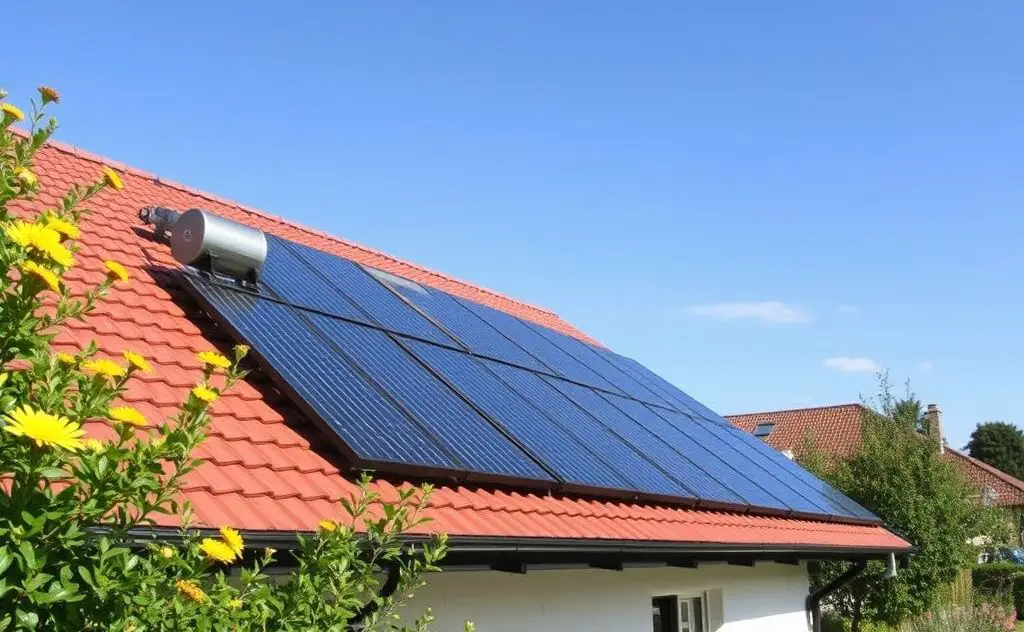Yes, a solar space heater can effectively heat a house by harnessing sunlight to warm air or water, providing an eco-friendly heating solution.
Solar space heaters offer an eco-friendly way to supplement your home heating, but their effectiveness depends on several factors. While they can significantly reduce energy costs, most systems work best when combined with traditional heating methods.

How Solar Space Heaters Work
Solar space heaters capture sunlight and convert it into heat through simple yet effective technology. The basic components include:
- Solar collector (often painted black to absorb maximum heat)
- Air channels or water pipes to transfer heat
- Ventilation system to distribute warm air
- Thermal mass to store heat
The best solar window heaters for homes use similar principles but are designed specifically for window installation.
Types of Solar Space Heaters
1. Air-Based Systems
These systems heat air directly in solar collectors and circulate it through your home. The beer can heater from our source material is an excellent DIY example.
2. Liquid-Based Systems
More complex systems use water or antifreeze solutions to collect and transfer heat. These often connect to existing hydronic heating systems.

Can Solar Heaters Fully Replace Traditional Systems?
While solar space heaters can provide substantial heat, several factors limit their ability to fully replace conventional systems:
| Factor | Impact |
|---|---|
| Climate | Works best in sunny climates with moderate winters |
| Home Size | More effective for smaller spaces (under 1,000 sq ft) |
| Insulation | Requires well-insulated homes to retain heat |
| Backup System | Needs supplemental heat for cloudy days/nights |
According to Energy.gov, even advanced heat pumps (a more efficient alternative to traditional heating) may need backup systems in colder climates.
Enhancing Solar Heater Performance
To maximize your solar space heater’s effectiveness:
- Properly size the system for your space
- Use high-quality materials designed for heating applications
- Install thermal mass (like water barrels or stone) to store heat
- Combine with passive solar design principles
- Use fans or pumps to improve heat distribution
Real-World Example: The Beer Can Heater
The instructables project demonstrates how creative solutions can work:
- 128 beer cans created 16 heat-absorbing stacks
- System raised air temperature by 15°C (27°F)
- Cost only €150 using recycled materials
- Effectively heated a 800 sq ft barn
Cost and Efficiency Considerations
Solar space heaters offer impressive efficiency but require careful planning:
- DIY systems can cost under $200
- Commercial units range from $1,000-$3,000
- Can reduce heating bills by 20-50%
- Payback period typically 2-7 years
For those considering alternatives, ductless mini-split systems offer another energy-efficient option that works well with solar solutions.
Limitations and Challenges
Solar space heaters face several practical challenges:
- No heat production at night
- Reduced output on cloudy days
- Space requirements for collectors
- Potential overheating in summer
- Maintenance needs (cleaning collectors, etc.)
These limitations mean solar heaters work best as part of a hybrid system rather than a complete replacement for conventional heating.
